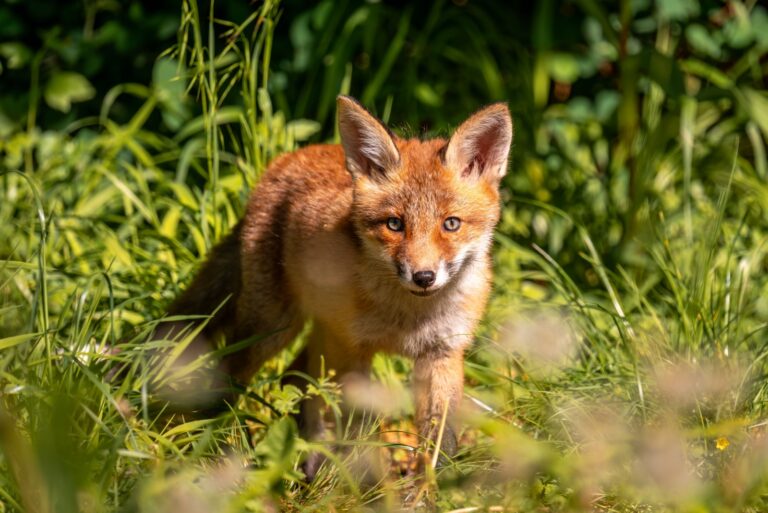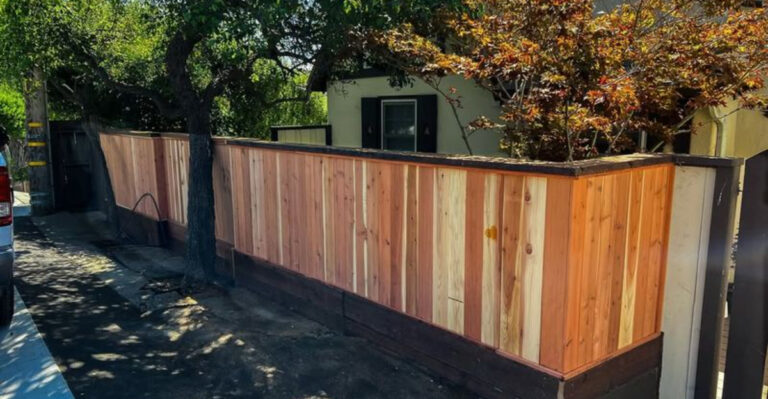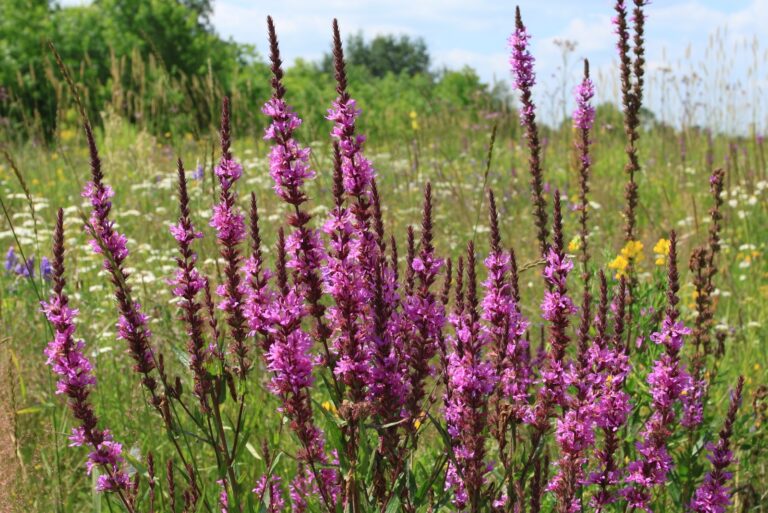Things You Can’t Legally Keep In Your Arizona Yard Without A Permit
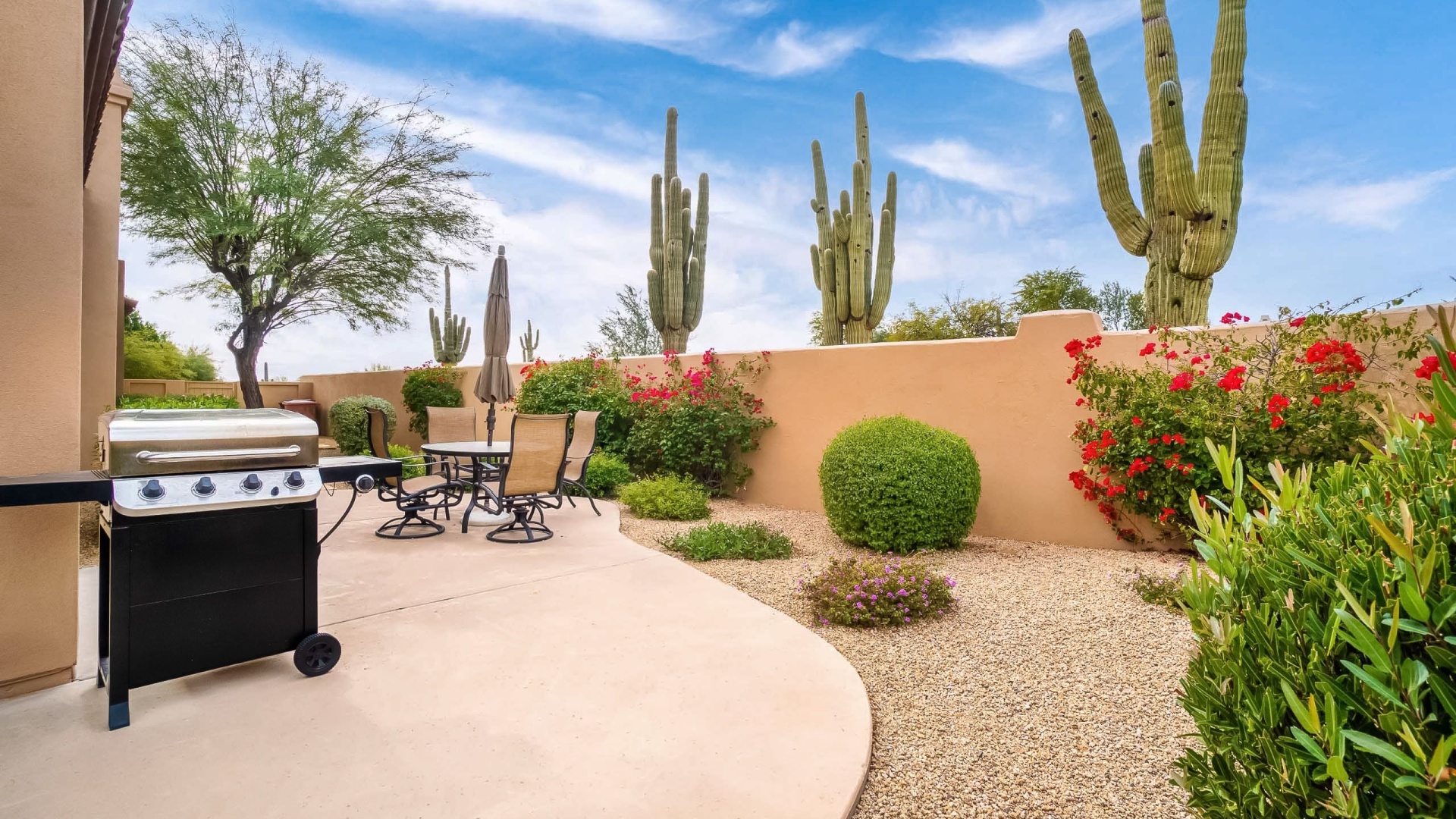
Living in Arizona comes with its own set of rules about what you can and can’t have in your yard. Many residents don’t realize that certain animals, plants, and structures require special permits.
Breaking these rules could result in hefty fines or even having your property confiscated.
1. Native Wildlife
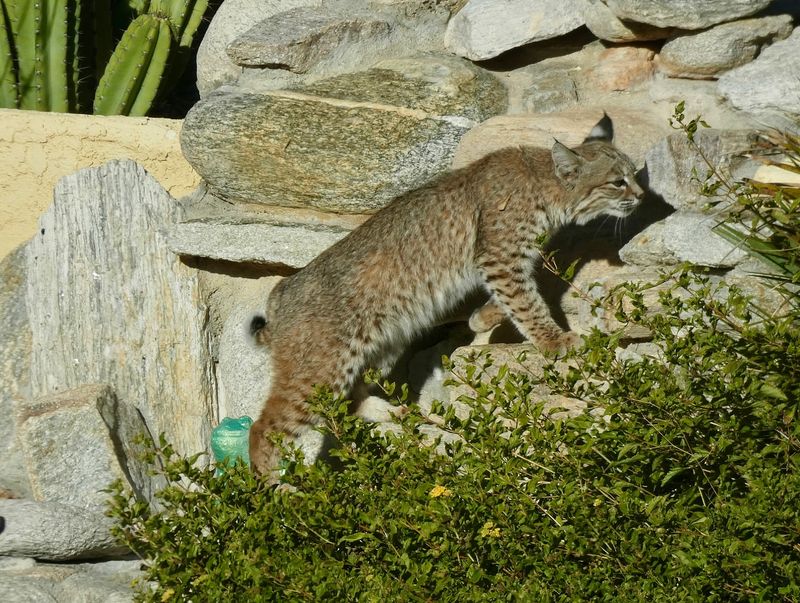
Thinking about adopting that cute baby javelina or desert tortoise? Think again! Arizona law strictly prohibits keeping native wildlife as pets without proper permits from the Arizona Game and Fish Department. Even well-meaning rescues can lead to trouble.
The permits exist to protect both the animals and the ecosystem. Native creatures often require specialized care that most homeowners simply can’t provide.
2. Exotic Venomous Reptiles

Snake enthusiasts beware! Keeping cobras, vipers, or other venomous reptiles requires a wildlife holding permit in Arizona. The application process is rigorous for good reason. Escaped venomous creatures pose serious public safety risks in residential areas.
You’ll need to demonstrate proper secure enclosures, handling experience, and emergency protocols before approval. Many municipalities have additional restrictions beyond state requirements.
3. Large Livestock in City Limits
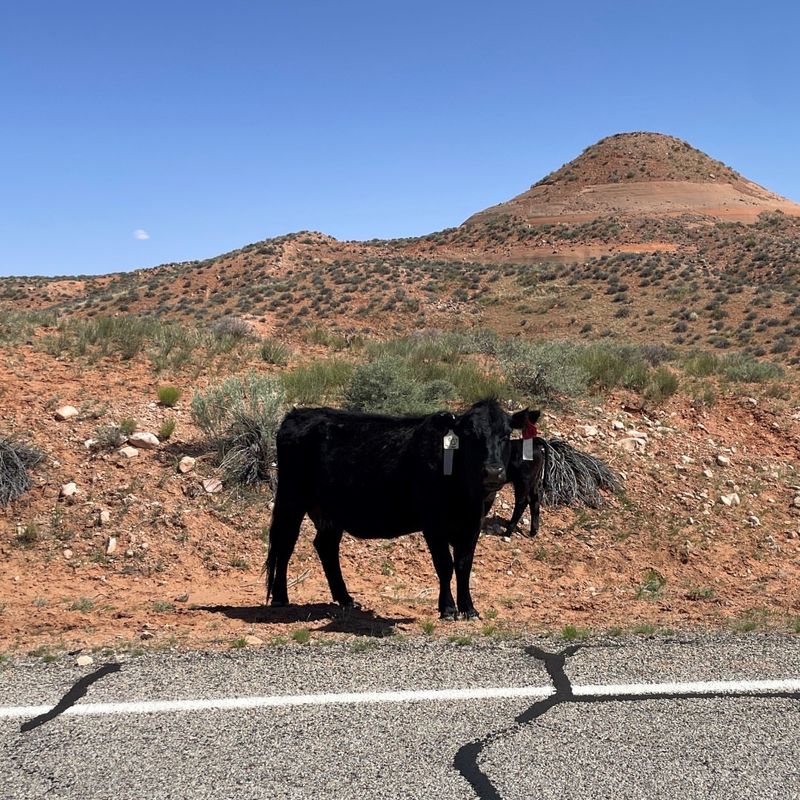
Dreams of keeping horses, cows, or goats in your suburban Phoenix yard? Most cities require special permits for livestock, with specific space requirements per animal. Surprise, Scottsdale, and Mesa all have ordinances limiting livestock numbers based on property size.
Permits typically require proper shelter, waste management plans, and neighbor notifications. Even miniature breeds count as livestock under most regulations!
4. Rainwater Harvesting Systems
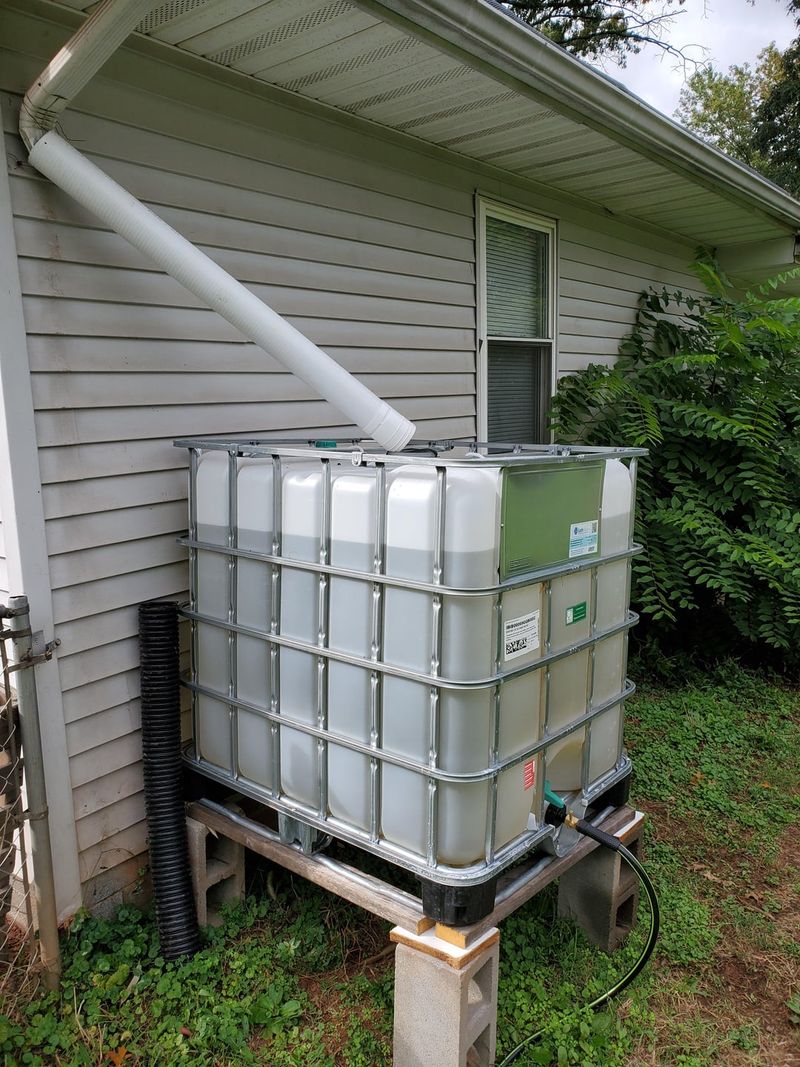
Surprisingly, large-scale rainwater collection systems often require permits in Arizona municipalities. Systems exceeding certain gallon capacities or those altering drainage patterns need approval. Tucson residents face specific regulations about harvesting methods and storage.
The permits ensure proper installation to prevent mosquito breeding, structural issues, and neighborhood flooding. Most small rain barrels remain permit-free, but anything underground requires inspection.
5. Backyard Beehives
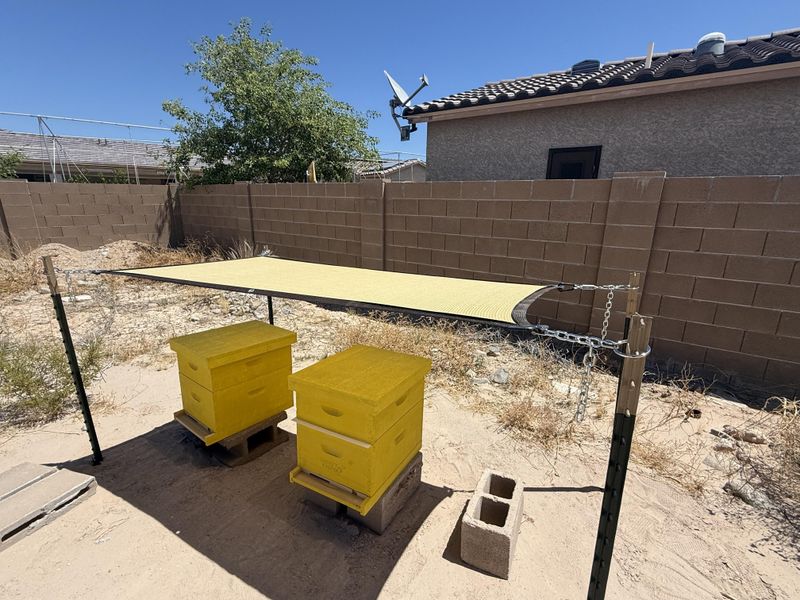
Buzzing about becoming a beekeeper? In many Arizona cities, keeping honeybee colonies requires registration and permits. Phoenix, for example, limits hive numbers based on lot size. Regulations typically mandate minimum distances from property lines and public areas.
You’ll need to provide a water source to prevent bees from visiting neighbors’ pools. Some HOAs ban beekeeping entirely, regardless of city permits.
6. Tall Fences and Walls
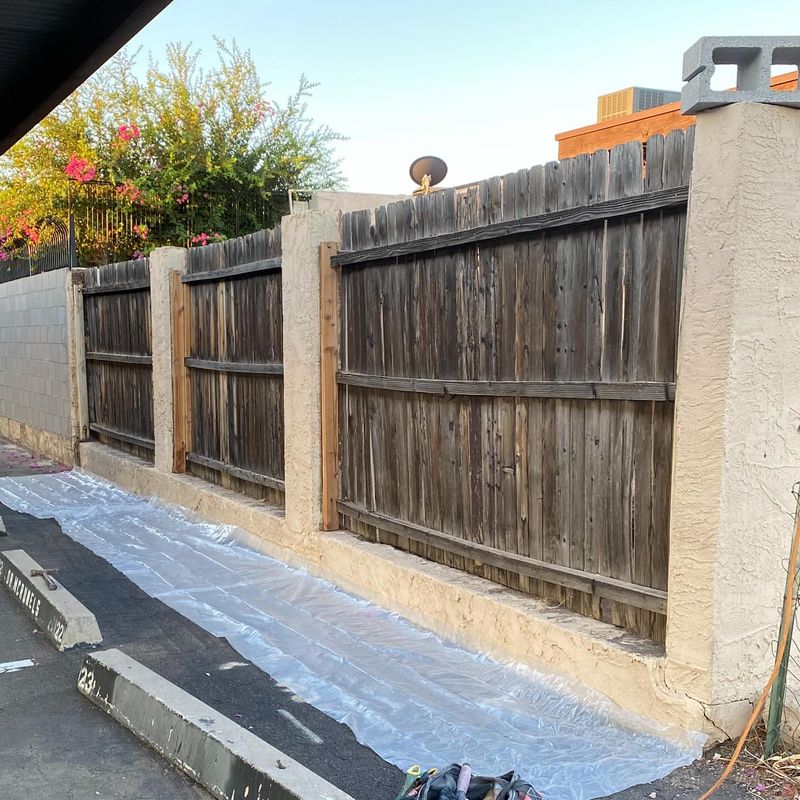
Privacy seekers often hit roadblocks when building tall barriers. Most Arizona municipalities limit front yard fences to 3-4 feet, while backyard fences exceeding 6 feet typically require permits. The permit process ensures structural stability and compliance with neighborhood aesthetics.
Historical districts have even stricter requirements about materials and designs. Corner lots face additional visibility regulations to maintain safe sightlines for traffic.
7. Chickens in Urban Areas
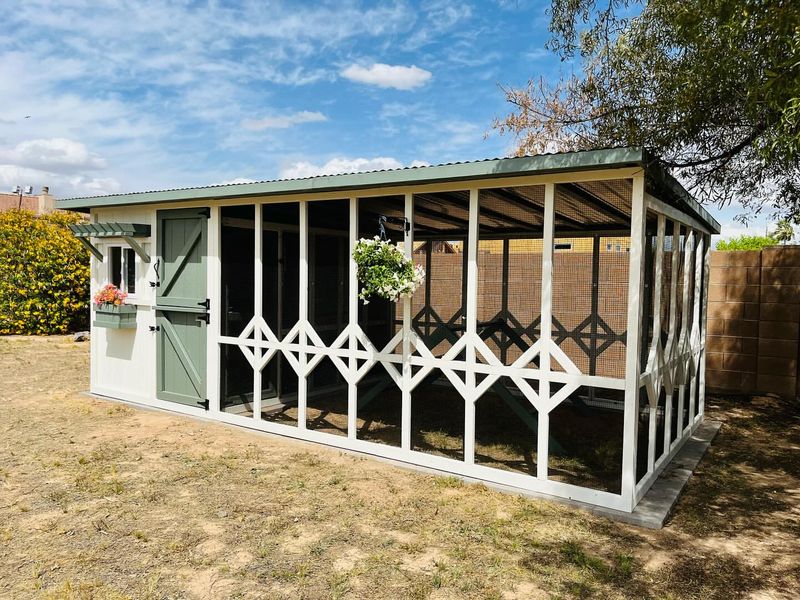
Backyard egg production requires permits in many Arizona cities. Regulations typically limit flock size and prohibit roosters due to noise concerns. Phoenix allows up to 20 chickens with proper permitting, while Scottsdale and Tempe have stricter limits.
Required setbacks keep coops away from neighboring homes to minimize odor complaints. Many first-time chicken keepers are surprised by the detailed requirements for coop construction and maintenance.
8. Large Shade Structures
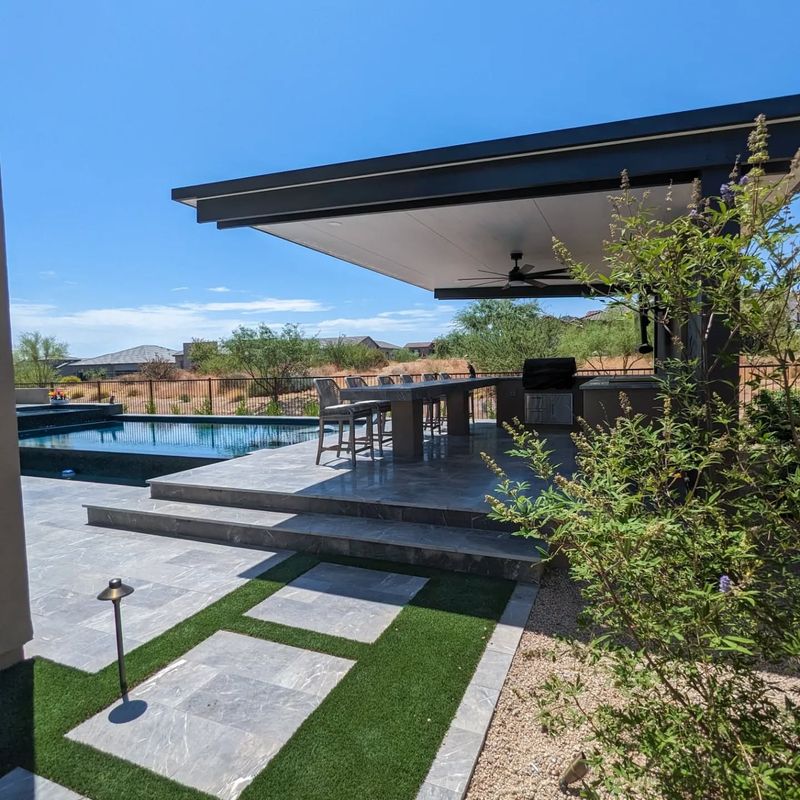
Arizona’s scorching summers make shade structures tempting, but ramadas, pergolas, and large awnings typically require permits. Anything exceeding certain square footage or attached to your home needs approval.
Wind ratings become critical in permit applications due to monsoon season risks. Inspectors check anchoring methods and load-bearing capacities to ensure public safety. Temporary pop-up structures generally don’t need permits unless they remain up year-round.
9. Swimming Pools and Spas

Cooling off requires paperwork! All in-ground pools and most above-ground ones exceeding certain depths require permits throughout Arizona. The permitting process verifies proper fencing, safety features, and electrical work.
Even prefabricated spas need electrical permits in most cases. Inspectors check barrier heights, self-closing gates, and alarm systems to prevent tragic drowning accidents. Tempe and Scottsdale have additional requirements for pool backwash disposal.
10. Protected Native Plants
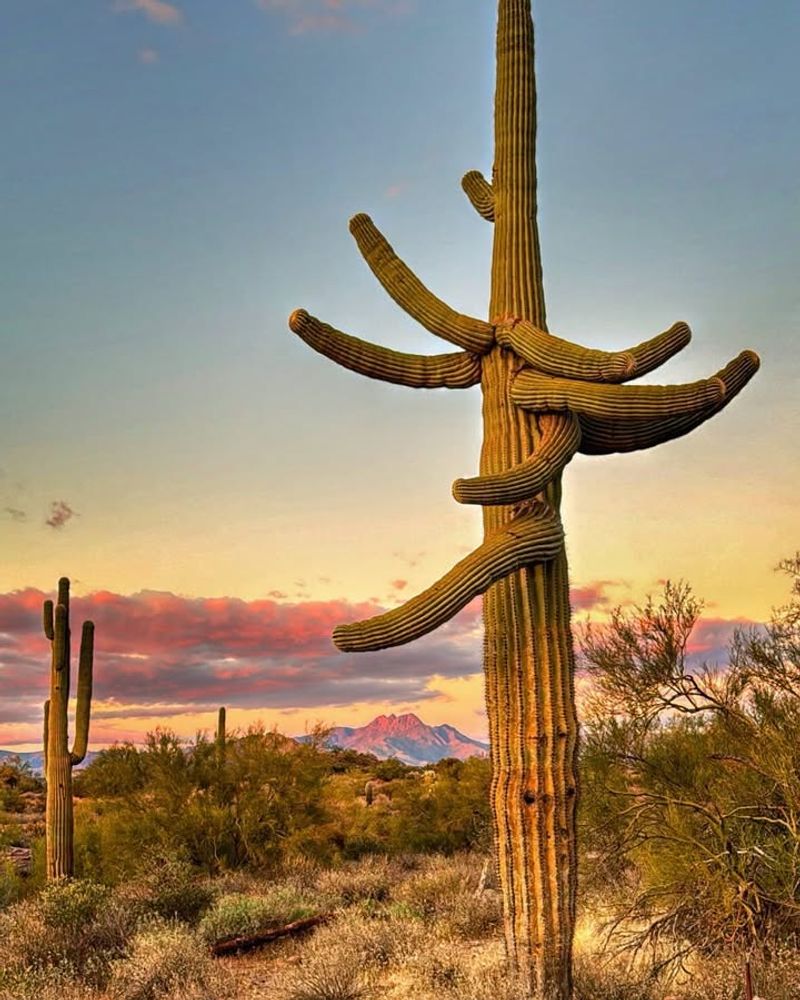
Moving or removing certain native plants from your property requires permits under Arizona’s Native Plant Protection Act. Protected species include saguaro cacti, ironwood trees, and mesquite. Even when these plants are on your property, you need documentation before relocating them.
The permit process helps track these slow-growing desert species and prevent illegal harvesting. Penalties for unauthorized removal can reach thousands of dollars per plant!
11. Fire Pits and Outdoor Fireplaces
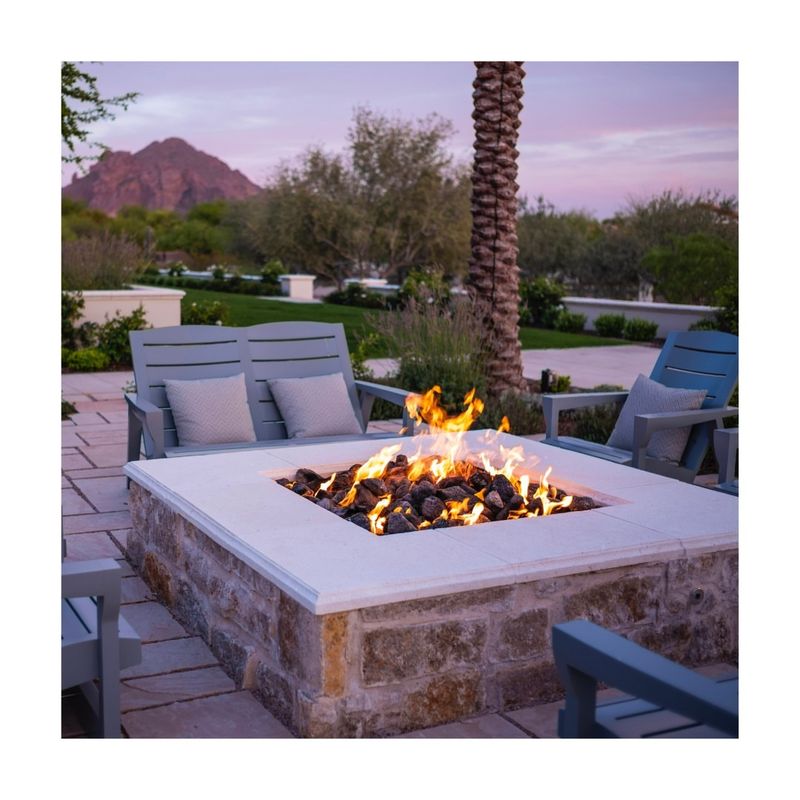
Gathering around the fire requires permits in many Arizona cities, especially for permanent structures. Gas-powered features typically need both building and gas line permits. Wood-burning fire pits face additional restrictions during high pollution advisory days.
Some municipalities require minimum distances from structures and property lines, while others mandate spark arrestors. Flagstaff has particularly strict regulations due to wildfire concerns in northern Arizona.
12. Shipping Container Storage
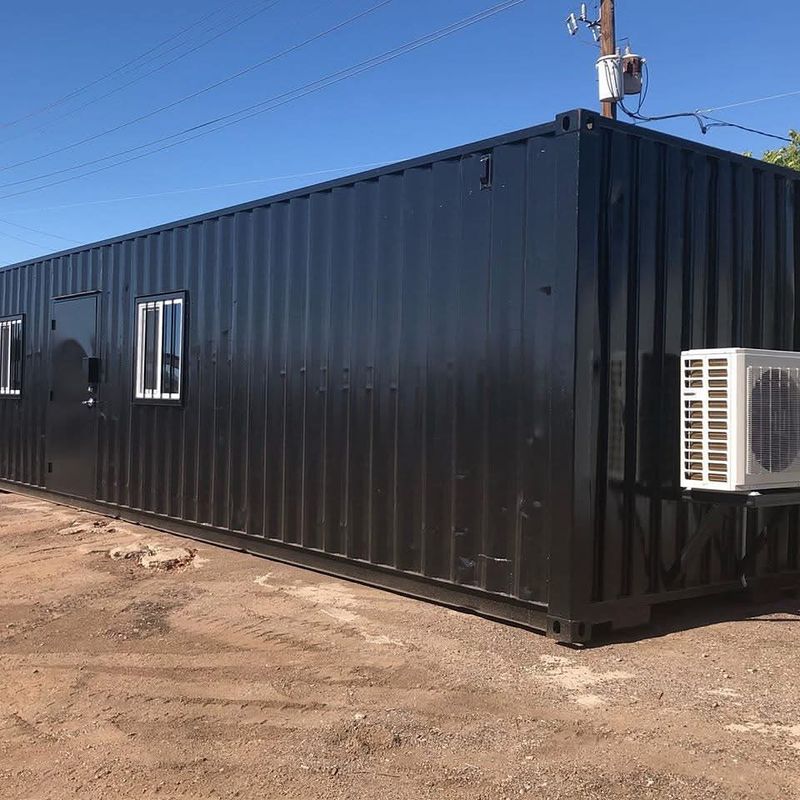
The trend of repurposing shipping containers hits legal snags in Arizona. Most cities require permits for these structures, with many HOAs banning them outright. Phoenix, Tucson, and other municipalities classify containers as accessory structures requiring proper foundations and tie-downs.
Some areas mandate aesthetic modifications to make containers blend with neighborhood character. Permits ensure containers meet safety standards for Arizona’s extreme heat and monsoon winds.
13. Large-Scale Composting
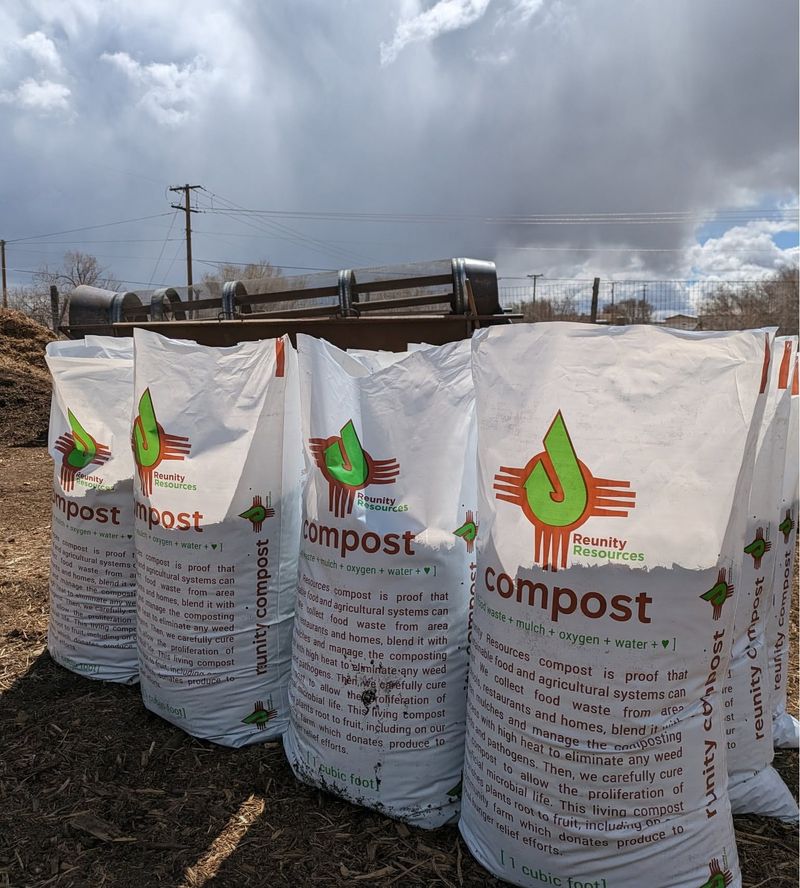
Eco-friendly homeowners face regulation hurdles with large composting operations. Commercial-scale composting in residential areas typically requires permits addressing odor, pest control, and runoff management.
Most cities allow small household composting bins without permits. However, operations exceeding certain volumes or accepting materials from outside your household trigger permit requirements. Vermicomposting (worm bins) usually faces fewer restrictions than traditional compost piles.
14. Amateur Radio Antennas
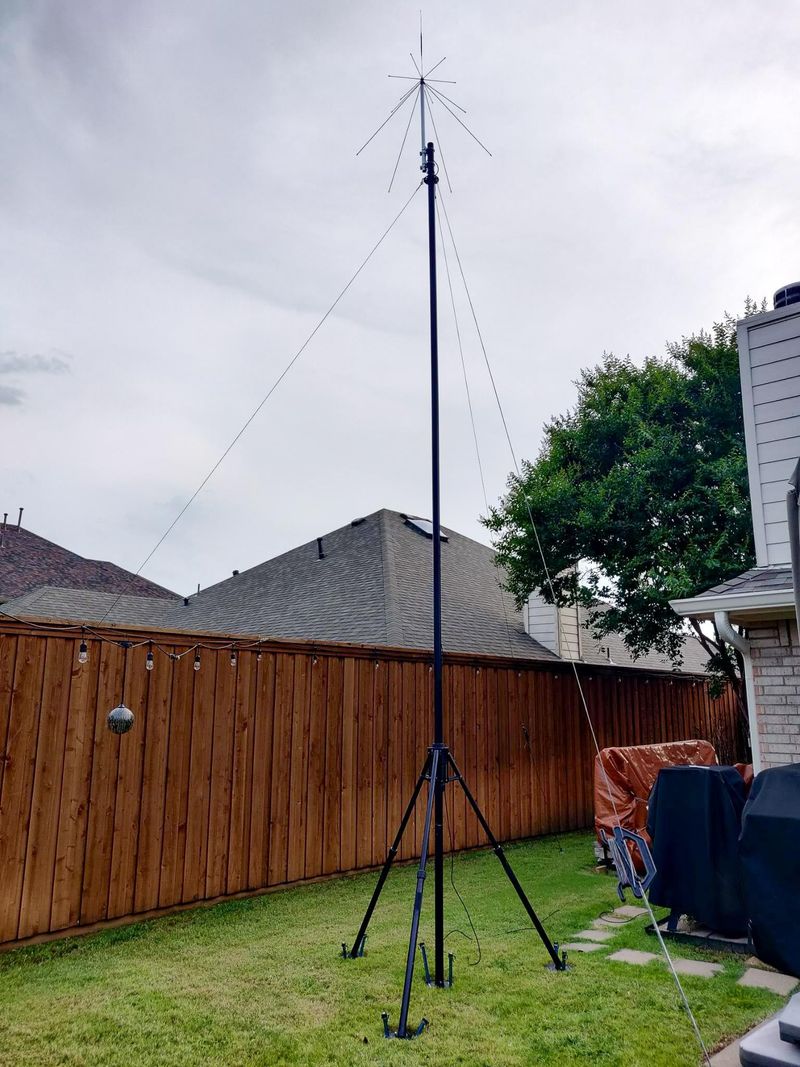
Ham radio enthusiasts need permits for those towering antennas. Most Arizona municipalities require approval for structures exceeding certain heights, with additional regulations in HOA communities. The permitting process examines structural stability, fall radius, and visual impact.
While FCC regulations limit local restrictions on amateur radio, permits are still required for safety reasons. Ground-mounted antennas typically face fewer hurdles than tower installations.
15. Non-Native Invasive Species
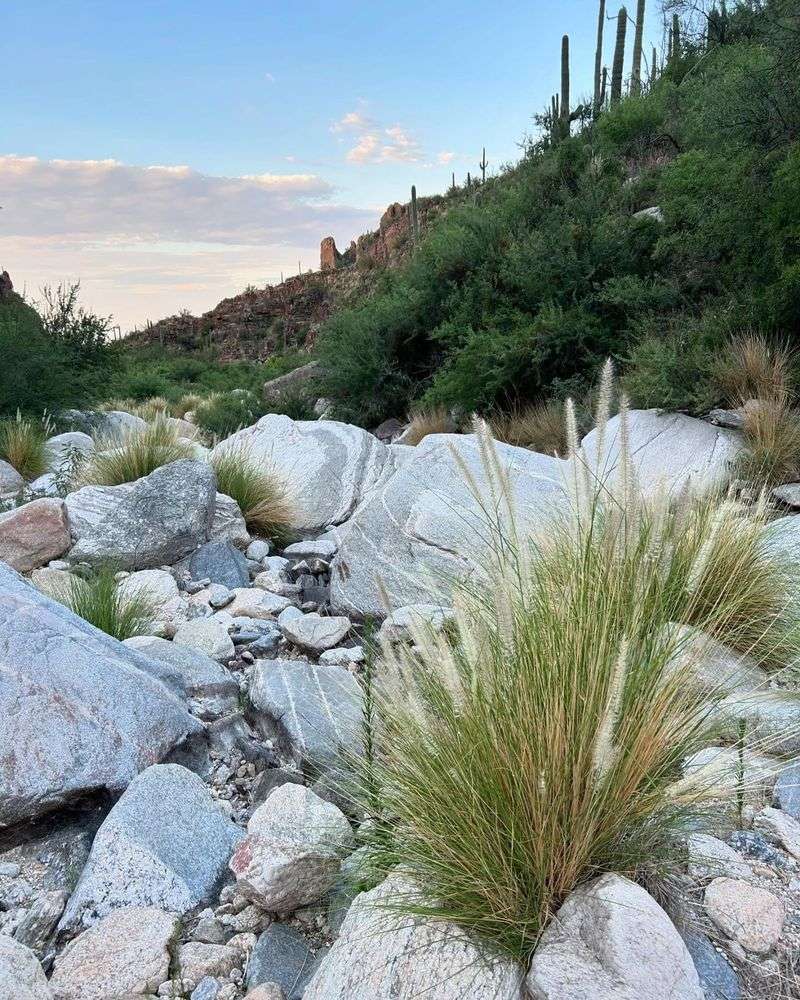
Growing certain non-native plants can land you in legal trouble without proper permits. Plants like fountain grass and buffelgrass are regulated because they increase wildfire risk and outcompete native species. The Arizona Department of Agriculture maintains lists of prohibited plants that require special permits for research or controlled cultivation.
Many invasive aquatic plants face similar restrictions to protect waterways. Even some common ornamental plants require permits in certain counties.

